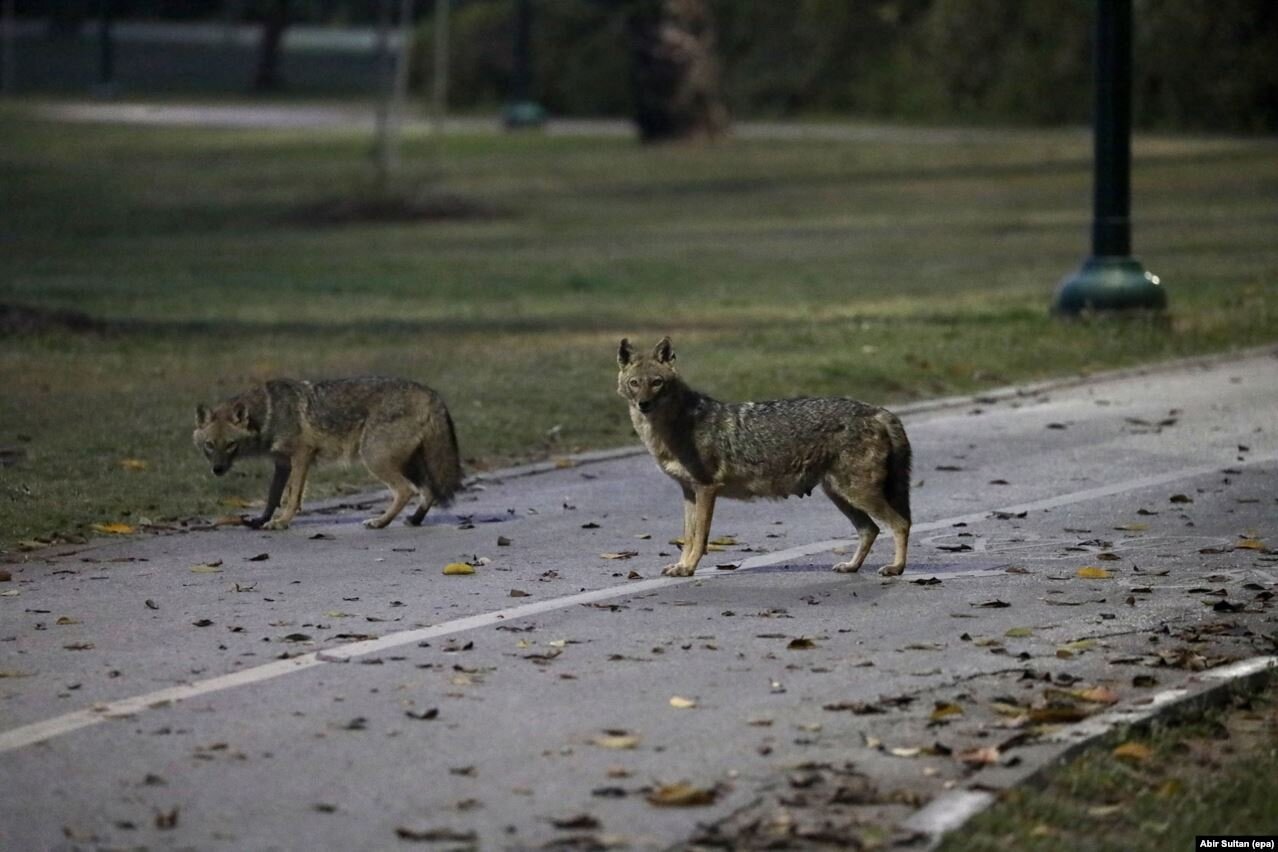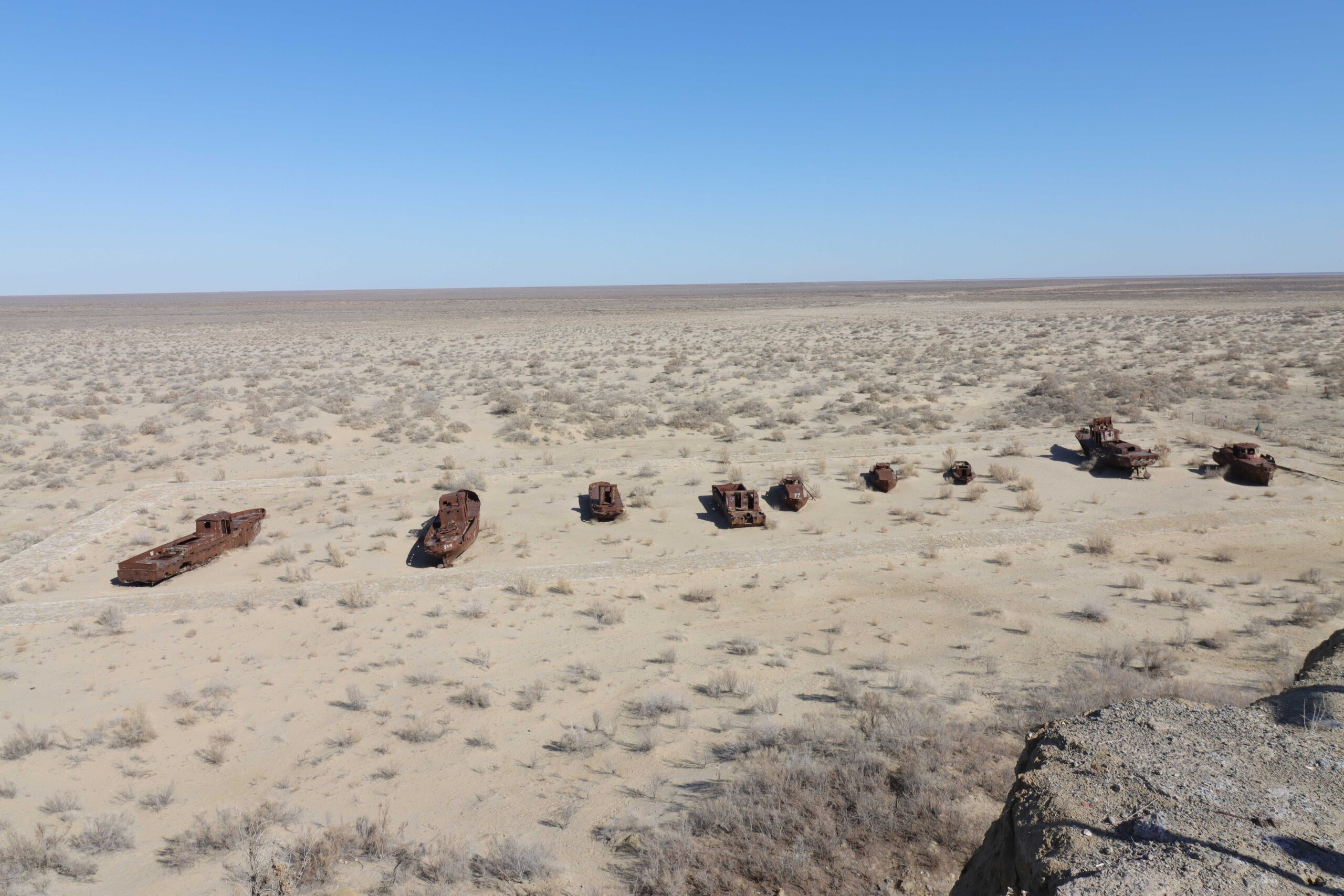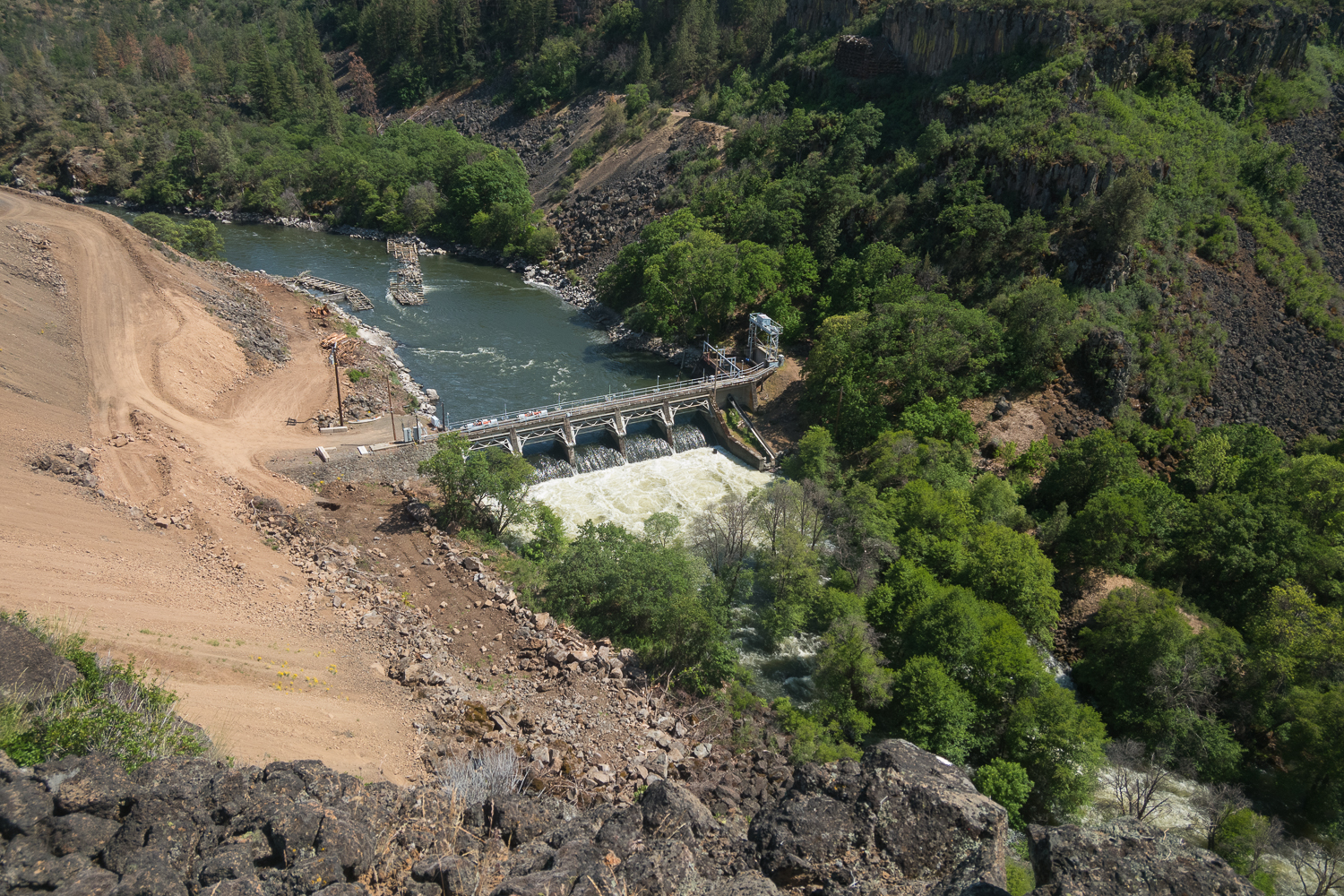Short term cooling and reductions in emissions resulting from the monumental reductions in motorized transport due to Covid-19 shutdowns will provide a ‘negligible’ difference in the overall projections of warming on earth, with any gains made likely to be erased by 2025.
This is down to some new modeling published in Nature Climate Change from Piers Foster and his colleagues at the University of Leeds which looked at mobility data from 123 countries to estimate greenhouse gas (GHG) emissions changes due to the COVID-19 restrictions from February to June 2020.
They found that the corresponding reductions in emissions peaked around April, but are already returning to normal in some places. For example, pollution in the air is already returning to pre-COVID-19 levels in China, with levels of some GHGs like nitrous oxide returning to the highs recorded in 2018.
Not only was the resumption in emissions of GHGs a factor, but some counter productive reductions were observed. The authors suggest that while nitrogen oxides declined by 30% in April, which contributed to short-term cooling, any benefit was offset by a 20% decline in sulfur dioxide which disrupted the aerosol cooling effect and contributed to short-term warming.
Furthermore, it doesn’t seem that this resulted from differences in policy between countries, as according to mobility data from Google, more than 50% of world’s population reduced travel by more than 50%, while 80% (or 4 billion people) of the population in 114 of the countries surveyed by Foster et al. reduced travel by more than 50%.
However this tremendous halting of wheels and engines amounted to a cooling effect of 0.01°C, meaning that a difference was empirically observed by the modeling, but that it was too small and inconsistent to calculate accurately.
If there is an aspect about the COVID-19 induced “anthropause,” as some scientists are calling it, that could bode well for the climate, it’s to be found in the behavior of animals.
HAIFA, Israel. April 15th, 2020. PICTURED: Jackals cross a footpath in an Israeli city. Since COVID-19 shutdown orders began, social media and news sites are abuzz with images of animals wandering through densely population areas.
The Anthropause
In an article in Science Magazine, writer Erik Stokstad details how biologists around the world are altering their research projects in response to COVID-19, not only because of the disruptions of travel to places like the Galapagos Islands, but also because there is a small window of opportunity to gather some very unique data on the effect of civilization on animal behavior.
These include projects like the International Bio-Logging Society, that has produced “a gold mine of data” on over 180 species of animals across 279 studied populations. Their objective is to investigate global wildlife responses to altered levels of human activity during the pandemic, and the dataset includes things like road-crossing behavior, variations in normal cycles of activity, and more which they hope to be able to prepare into a unified database before the end of August.
Another similar effort is called the International Quiet Ocean Experiment (IQOE), which looks to create a global database on animal behavior using a collaboratively-managed network of underwater microphones — the largest array in the world.
IQOE’s chief hypothesis is that animals underwater evolved in a quiet environment, free from the sounds of shipping vessels, tankers, fishing activities, artificial sonar, and offshore energy production. With the temporary suspension of these activities, the IQOE have a remarkable opportunity to study ocean life that is noise-sensitive, or that use sound for hunting, mating calls, and other important purposes.
The animal sounds recorded by the hydrophone array while the COVID-19 period affecting the oceans will be compared to an analysis from last year to create a better picture about what the oceans sounded like before mass-marine infrastructure, and may reveal all manner of clues behind as-yet not understood animal behaviors — WaL.
Continue exploring this topic —




